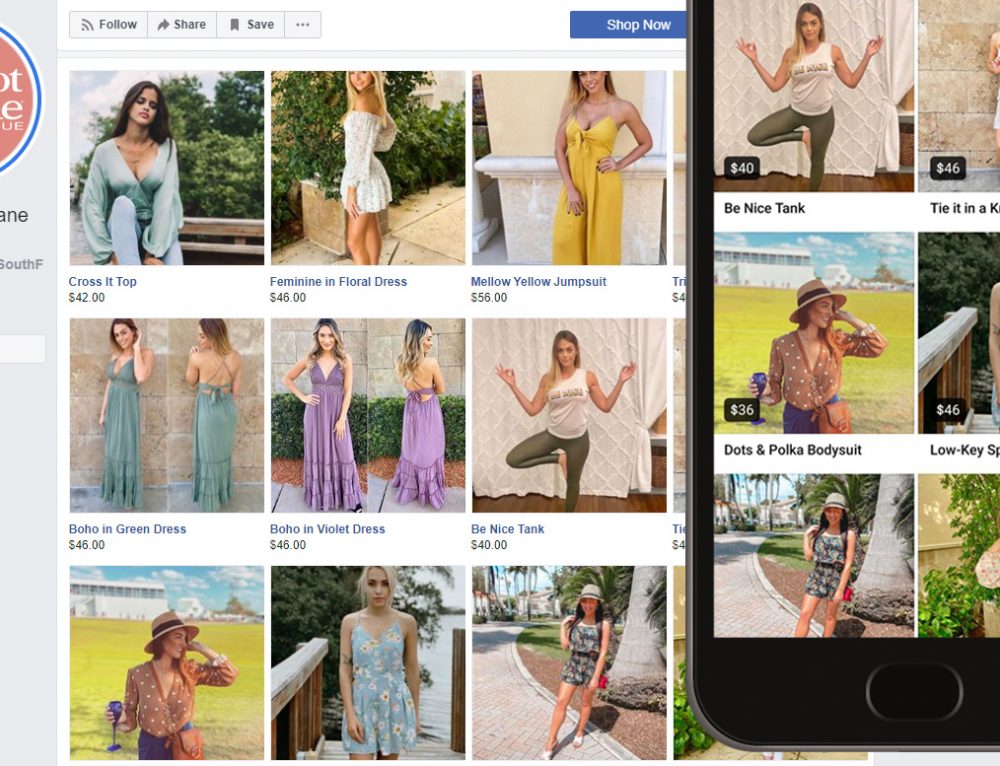
There’s a fine line franchisors must walk between keeping control of their brands and giving franchisees the freedom to grow their individual businesses.
Given that the internet is intrinsically global, it’s no surprise that many franchisors tend to favor caution when it comes to their brand’s multiple online presences. But keeping everything centralized could be costing them much more. A new business or even an established business, needs to have a good internet presence, but that cannot be achieved if they are using a service that cannot hold what they need and deal with multiple online requirements. This is where companies such as infinity dish can help with internet packages that provide a better base for those who rely on the internet.
Delivering a consistent and unified experience is important, but you don’t want to do so at the expense of losing customers. That’s why your franchise’s presences all need to be localized.
If You Speak to Everyone, You Speak to No One
Connecting with local communities is the key to attracting more customers. Your web presence will be the first touchpoint many potential customers have with your brand. That makes conveying your local and community-first approach essential across all of your online collateral.
Adding local pages to your franchise’s main website is a fantastic way for franchisees to tell their own story and connect with local customers, says the team at Chatmeter. It also provides a place for local storefronts to showcase their products, offers and discounts. In doing so, you don’t have to worry about caveating every offer with “not available in all locations.”
This is even more important if you work on a national or international scale, where tastes change from one geographic area to another.
Furthermore, consider the affluence of your different audiences, says digital strategist Shane Barker. Prices will need to be localized as different markets can have very different opinions on what’s affordable. It’s the same with discounts, too. A 10-percent discount might resonate with some customers but fall flat in other markets, Barker says.
Not Localizing Negatively Impacts Local SEO
Local SEO is essential for all brick-and-mortar businesses. Some businesses may choose to implement their own strategies and some choose to use 1stonthelist SEO services and have their assistance when instilling new SEO tactics. Either way, there needs to be some sort of SEO strategy put in place so that the business can be seen online. Not only do SEO tactics make a website more visible to users, but it can also helps businesses become more competitive too. New Possibilities Group’s Pete Czech writes. “Local searches lead no less than 50% of consumers to visit the store in question within one day, while 18% of local mobile searches actually lead to a sale within that same 1-day time frame,” he writes.
“Making sure that your potential customers in your franchisee’s neighborhoods find their site is absolutely crucial in developing your franchise website. In addition to this, having a good web development company that can create a website with a good user interface, whether on a computer or on mobile devices could help to increase your user experience and drive traffic to your website.”
But this doesn’t happen when you fail to localize your franchise’s website. Having all of your store locations on a single page of your website is a huge mistake when it comes to SEO, says digital marketer Aaron Agius. Every location should have its own optimized page that includes:
- The NAP (name, address, phone number)
- Content that is tailored to the location such as news and testimonials
- A Google Map
- Directions
- Images of the store
Each page’s title tags, meta descriptions, headings and other on-page SEO elements should also be optimized with location-specific keywords.
Doing this helps individual store locations rank higher in Google, says Advice Local’s Bernadette Coleman. This is especially true for consumers searching on mobile devices that almost always personalize search results based on location. It also has the added benefit of making it easier for customers who love your brand to find their nearest store when they are in different locations.
Every one of your locations should also have its own Google My Business listing. This is crucial, says the team at ReviewTrackers. When you don’t have a local presence on Google, you’re going to be losing customers to competitors that do.

A Local Presence Builds Communities and Shores Up Reputations
A localized presence on social media is essential if you want to develop your brand’s place in the community, says marketing consultant Steve Olenski. A national page won’t do. You need to create specific local content.
The more local content you can create, and the more value you can provide for your community, the better your brand’s local reputation will become, says Kristy Bolsinger. “You’ll find your customers increasingly trusting what you say and coming to you for resources that can help them solve their own challenges.”
A local social media presence can boost your business in several ways, says marketing consultant David Webb. For one, it gives you a way to listen to individual customers in specific locations. “Franchisees can also monitor local social media activities across multiple platforms and inform you about any potential problems. They can even handle local customer service and provide local customers with personalized services.”
A failure to create and maintain a local social media presence puts your brand at risk, warns marketing consultant Marisa Sanfilippo. If you don’t have those profiles, you can’t respond to any feedback, good or bad, or craft a localized message.
A localized social presence even increases the number of visitors you get from Google, notes Surefire Local’s Chris Marentis. That’s because each of these profiles has the business’s name, address and phone number data, all of which are local citations used by Google. The more citations your businesses have, the higher they appear in Google’s local results.
A Local Presence Provides Access to Geolocation Data
Any online ads that you run should be localized as much as your website and social media profiles.
It’s possible to target people in a particular city, region or country with both Google PPC ads and Facebook ad. This lets you only show ads to people who live in your area, making your ad spend that much more cost-effective.
“Let’s say you’re opening up a chain of vegan taco shacks,” says stensul’s Jon Park. “You can target your customers within a 5-mile radius of each restaurant and serve ads that offer a discount to get your hungry neighbors through the door.”
You also miss out on a lot of geolocation data when you don’t localize your website. This is data that you use to generate insights that could boost a particular location’s sales, says the team at CampaignDrive. You can also use data (such as the products or offers that users from a particular area clicked on) to personalize your geolocation ads further.

Having a Central Website Is Still Critical
Be careful not to go overboard with the localization of your franchise’s web presence. Yes, it’s important, but it’s also important to keep your localization efforts united under a single website.
Your franchise’s website is a powerful part of your overall brand, says Parallel Path’s Barret Wolf, and one that should remain within the jurisdiction of the parent company. “Expecting franchise operators to create a website that accurately communicates the brand is a lot to ask of someone who may have no background in digital marketing, user experience, or design.”
With a central franchise website that you control, you’ll be able to manage your customers’ online journeys, too.
“Corporate brand strategy exists for a reason,” says the team at KDM. You don’t want all of your locations to be exactly the same, but you do want to provide customers with a consistent experience. A single, central website helps you to ensure brand consistency.
It’s also important for SEO. When you have multiple sites, you dilute the power of your backlinks, says Visiture’s Ron Dod. This will make it hard to rank, especially in competitive niches. Multiple sites also dilute the power of your brand. Google has been prioritizing popular brands over better-optimized websites, Dod says. If you want to rank in Google search, it might be better to invest branding energy into a single domain, and get help for backlinks from a site similar to LinkMoose.com.
So, keep your website centralized, but don’t forget to make space for local outlets to build their own presences.
Images by: Thor Alvis, Nina Strehl, Clem Onojeghuo





